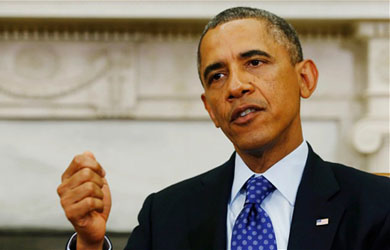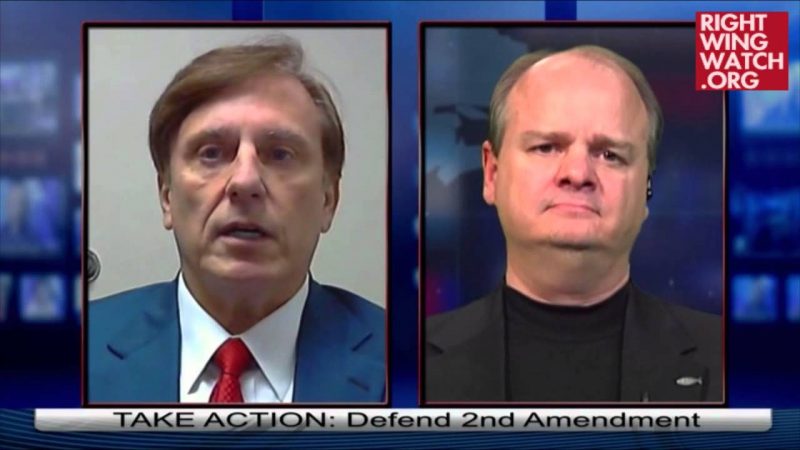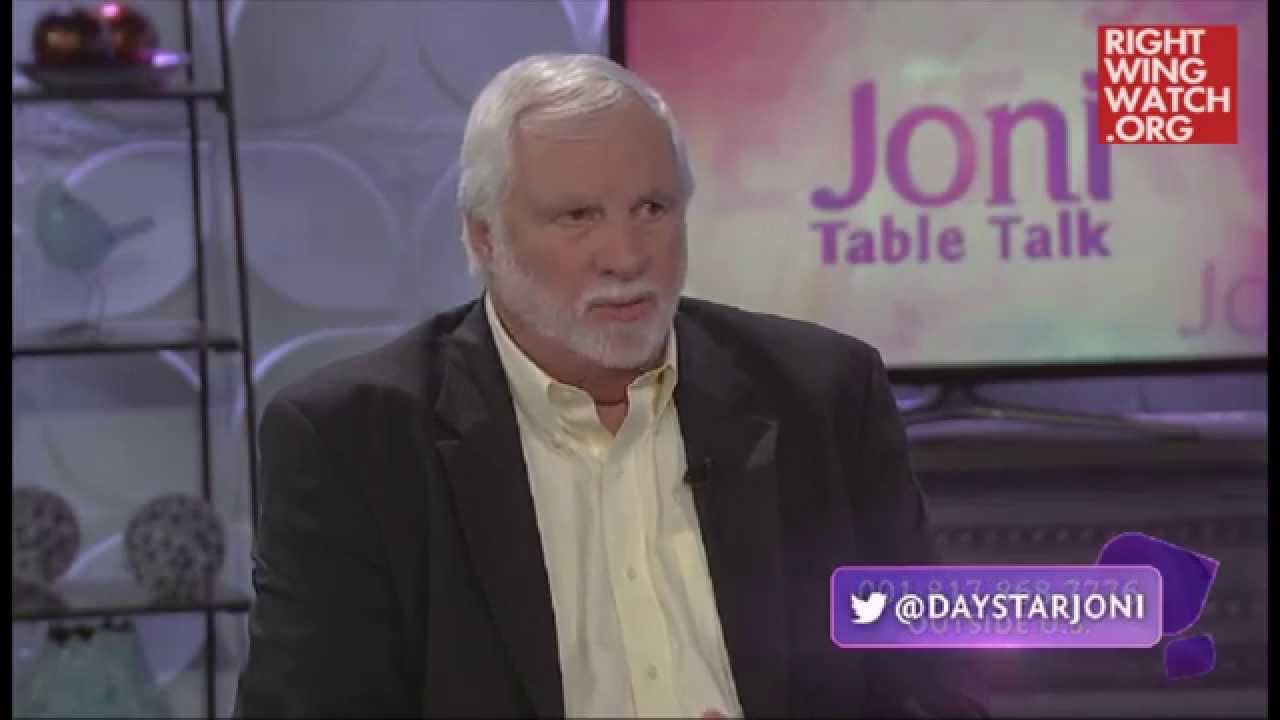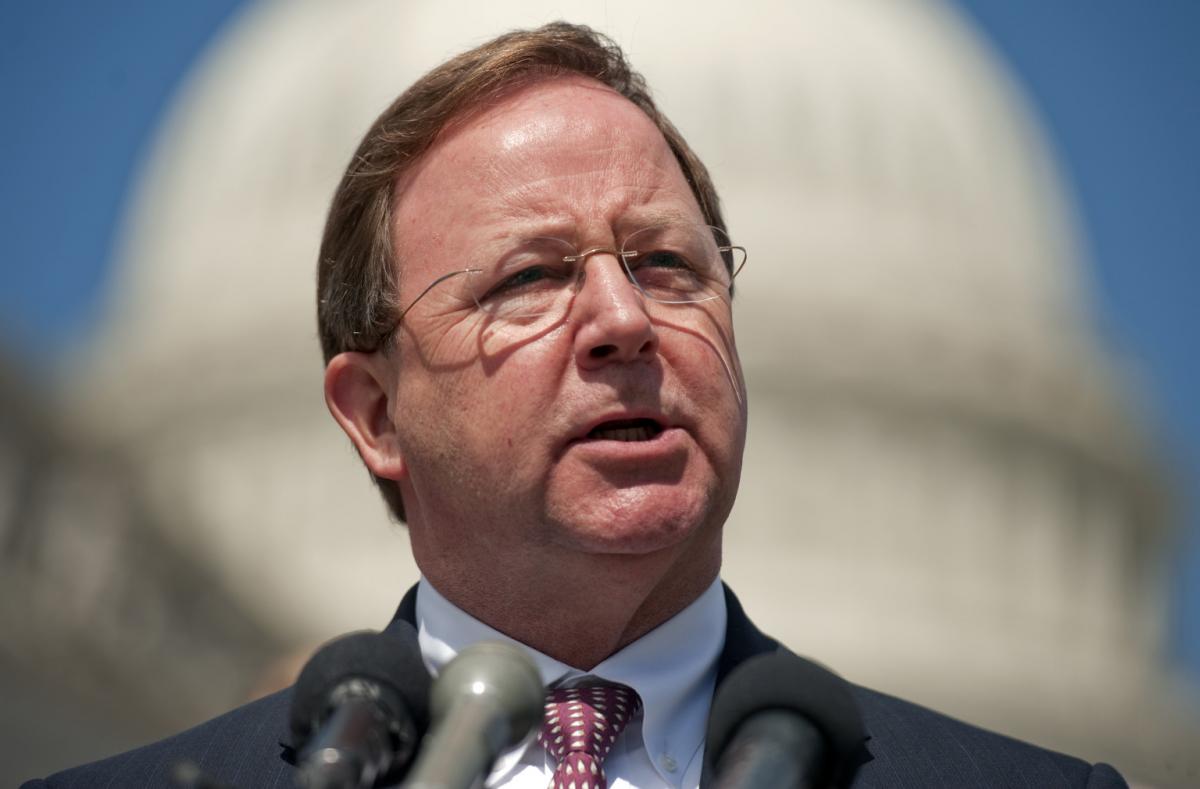On the Family Research Council’s Washington Watch last night, Rep. John Fleming (R.-LA) weighed in on the pending Supreme Court decisions on marriage equality. Fleming likened gay marriage to marriage between a U.S. citizen and a foreigner, claiming that federal recognition of gay marriage would cause straight people to enter into same-sex marriages for practical benefits. Same-sex marriages would then have to be questioned to determine if they were “done for convenience” or as the result of a bribe. Host Tony Perkins added that gay marriage would never be legitimate, because there is no way to “verify” the validity of the couple.
Fleming: But you know, it’s interesting. Humans can be very innovative sometimes and I can actually see where two people of the same sex, even who are not themselves homosexual in any way, could find a way to get married just for the purpose of sharing those benefits and only for practical reasons. So you can see the ramifications if the Supreme Court comes out and allows that.
Perkins: No question about it. And there’s no way to necessarily verify that. What you can then set up is a case where you discriminate against couples who are in some jurisdictions, because if they move their marriage is not recognized. And they could then be treated in a way that’s different than heterosexual couples that are cohabitating. It’s a mess once you go down this path.
Fleming: It is. It would be similar to marrying someone from a foreign country. Is it done for convenience? Did someone pay somebody to be married? I mean you can see how the whole institution of marriage could be demeaned. It could certainly be reduced in its importance and taken off the lofty place that we now hold marriage.
Fleming also said that fathers are being “marginalized” as a result of the decline of the traditional family. He stated that “fathers have a less and less important role in procreation now,” although the biology behind that last point was a little unclear.
Perkins: There’s really an alarming rate of fatherlessness in America. And we’re beginning to see the consequences of that as we’ve moved away from that normative definition of what marriage and family has been and should be.
Fleming: No question, Tony. The long term trend over the last three decades is to marginalize fathers. Fathers have a less and less important role in procreation now, in rearing children, in providing for families. Even in many cases, even when they’re actually in the marriage and they exist as a father, oftentimes being marginalized in their importance there. So it’s an alarming cultural direction.







